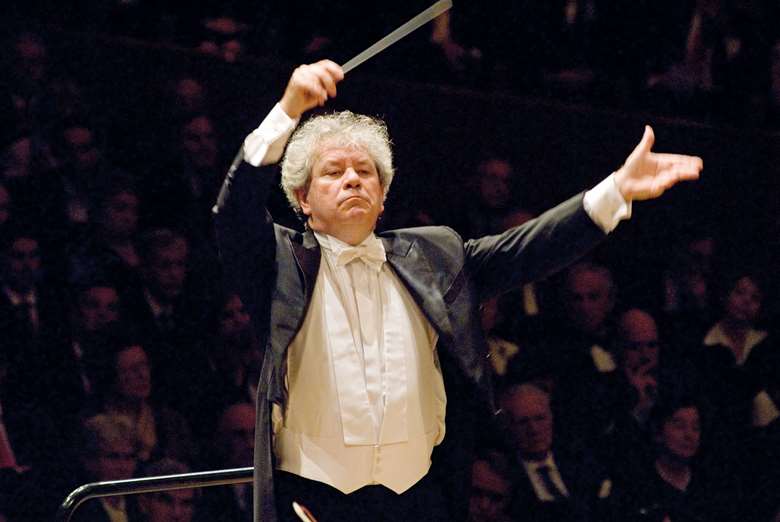Icon: Jiří Bělohlávek
Gavin Dixon
Friday, May 16, 2025
Gavin Dixon celebrates the achievements of this important Czech conductor who played a large part in bringing lesser-known music of his fellow countrymen to audiences worldwide

Register now to continue reading
Thanks for exploring the Gramophone website. Sign up for a free account today to enjoy the following benefits:
- Free access to 3 subscriber-only articles per month
- Unlimited access to our news, podcasts and awards pages
- Free weekly email newsletter








